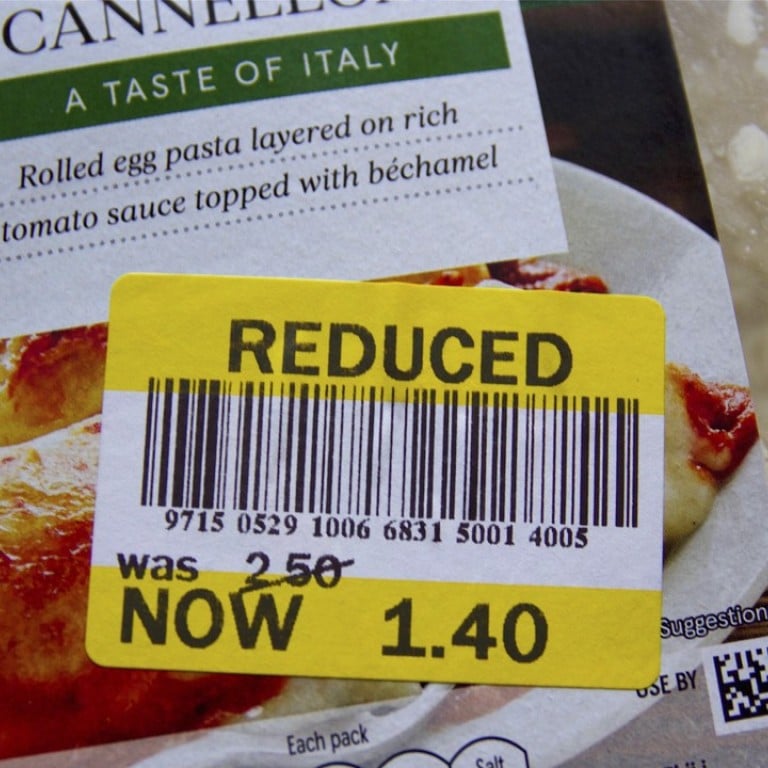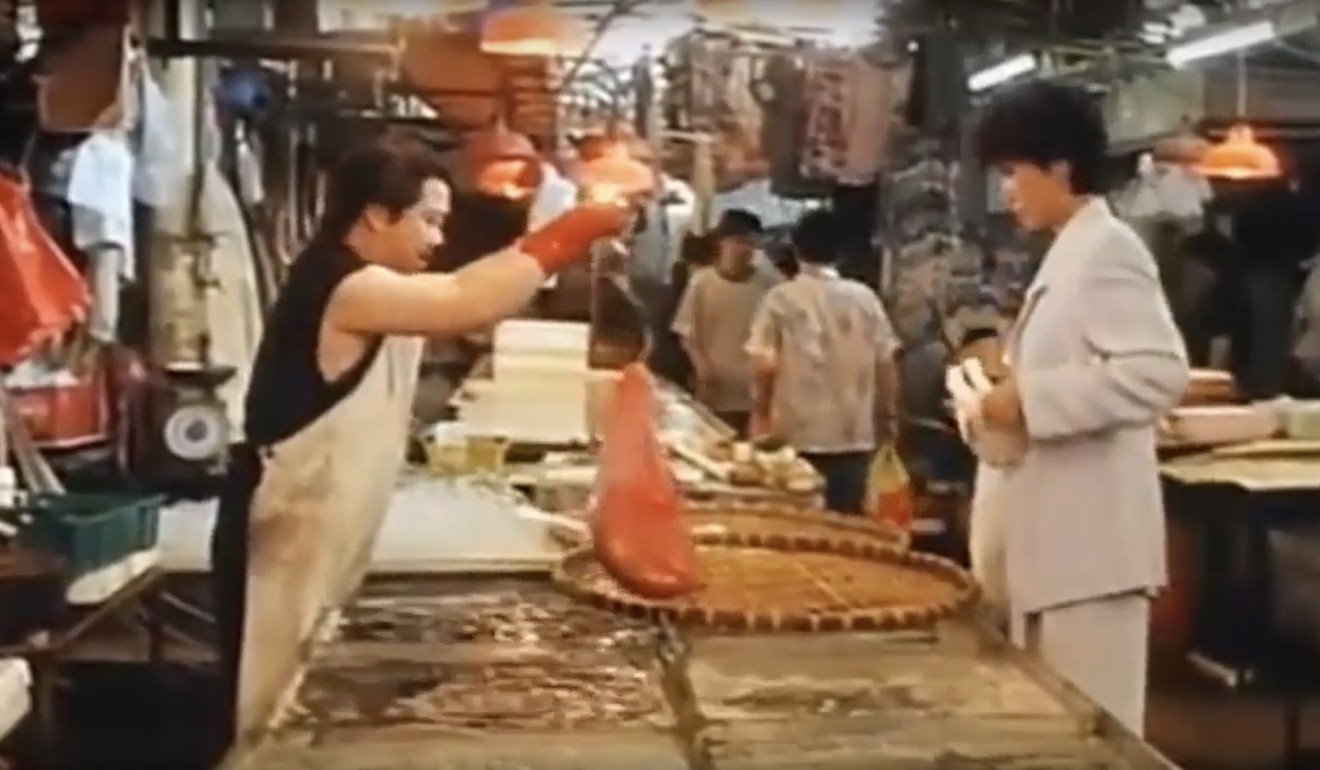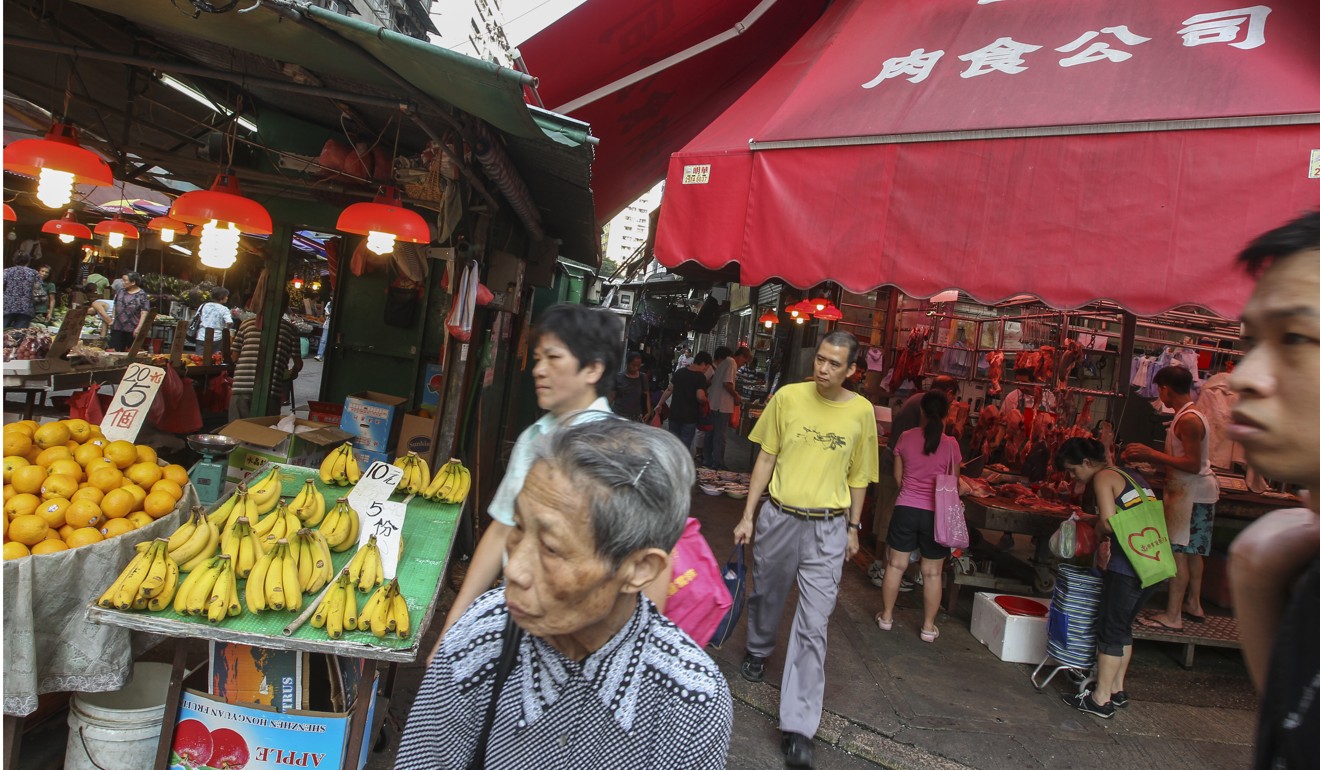
Hong Kong’s discount food can sometimes be its best – you just have to be brave and use some common sense
Andrew Sun believes his instinct to pounce on sale items is part of his Hongkonger DNA and he’ll gladly do battle over bargain items, even if it does mean being elbowed by housewives over Sogo’s discount sushi
I admit it. I’m kind of cheap. I once stood around Marks & Spencer’s food section for a good 10 minutes waiting for staff to discount the hummus. What can I say? I like saving a couple of bucks.
In supermarket aisles, my eyes are automatically drawn to marked-down stickers. When I see a bargain, sometimes it’s difficult to stop myself. “I don’t really need mustard but, wow, that jar of Dijon is 70 per cent off!” The next few weeks, I’ll be spreading mustard in all my sandwiches and making honey mustard dressing for every salad.
Hotel buffet breakfasts are terrible for the environment. But I love them
I attribute this almost reflexive instinct to pounce on every sale to the nurture and nature of being a Hongkonger. I think “fomo” (fear of missing out) is in our genes so if there’s a good deal to be had, we think “yolo” (you only live once).
If our grannies and seniors are any indication, this strand of DNA gets more assertive and dominant as we age. I’ve seen how a pack of old ladies can aggressively attack an orange stand in a Kai Bo supermarket sale. It’s not a stampede you want to be in the middle of.
The ethos of Hong Kong shopping is best captured in the opening scene of the 1995 movie, Summer Snow. Josephine Siao Fong-fong, as a frugal working class woman, waits patiently at a market stall for a gasping fish to die so she can demand a cheaper price from the fishmonger. Maybe I’m not that extreme but I do know going to the market near its closing hour means hawkers will be slashing prices to get rid of their daily stock.

In many cases, the best stuff is actually the discounted items. Shops desperately want to move fruits and vegetables that are already ripe, when they are at their sweetest or ready to eat – avocados, for example. Unfortunately, supermarkets sometimes package these in bunches of three or four, so you can’t buy just one. It’s forcing me to make and eat a lot of guacamole.
Diners have no problem paying extra for dry-aged steak in a restaurant, but view beef aged a couple of days on the shelf of a Wellcome supermarket with disdain
The downside of buying discounted food is the short expiry date. Luckily, those expiration stamps are merely a suggestion. It doesn’t mean the produce is bad or it’s off already. Retailers tend to be overcautious so most goods are still fine after the due date. It’s all common sense. With something like milk, just trust your nose and taste. If the carton is foul and odorous, or it’s chunky and rancid, you’ll know very quickly it’s not going to taste good.
Some folks are scared to buy marked-down meat. I’m not. People tend to suspect beef or pork if it is a little brownish. I am suspicious if it looks too red and pretty. That’s just not natural; oxidisation is. It’s funny that diners have no problem paying extra for dry-aged steak in a restaurant, but view beef aged a couple of days on the shelf of a Wellcome supermarket with disdain.
I’ve also bought yogurt a day before its due date and eaten it almost a full week after the expiration. Surprise, I’m still alive. What’s to worry – that my probiotic yogurt will have too much bacteria?

Of course, the most popular discounted item at Hong Kong supermarkets is sushi. Sogo’s basement store, Freshmart, in Causeway Bay, is a madhouse each evening when they start marking down the salmon, toro and hamachi. It’s like a frenzy of dock seagulls when fishermen unload their haul and discard the unusable catch for the birds. Actually, their loud squawks are quite reminiscent of the housewives elbowing me to get at the mediocre sushi.
The culinary snobs who con us into paying way too much for meals
It makes me want to go to a calm and proper Japanese restaurant and pay for the expensive stuff. But when I actually see the bill, I remember why I don’t mind the ParknShop hand rolls.

